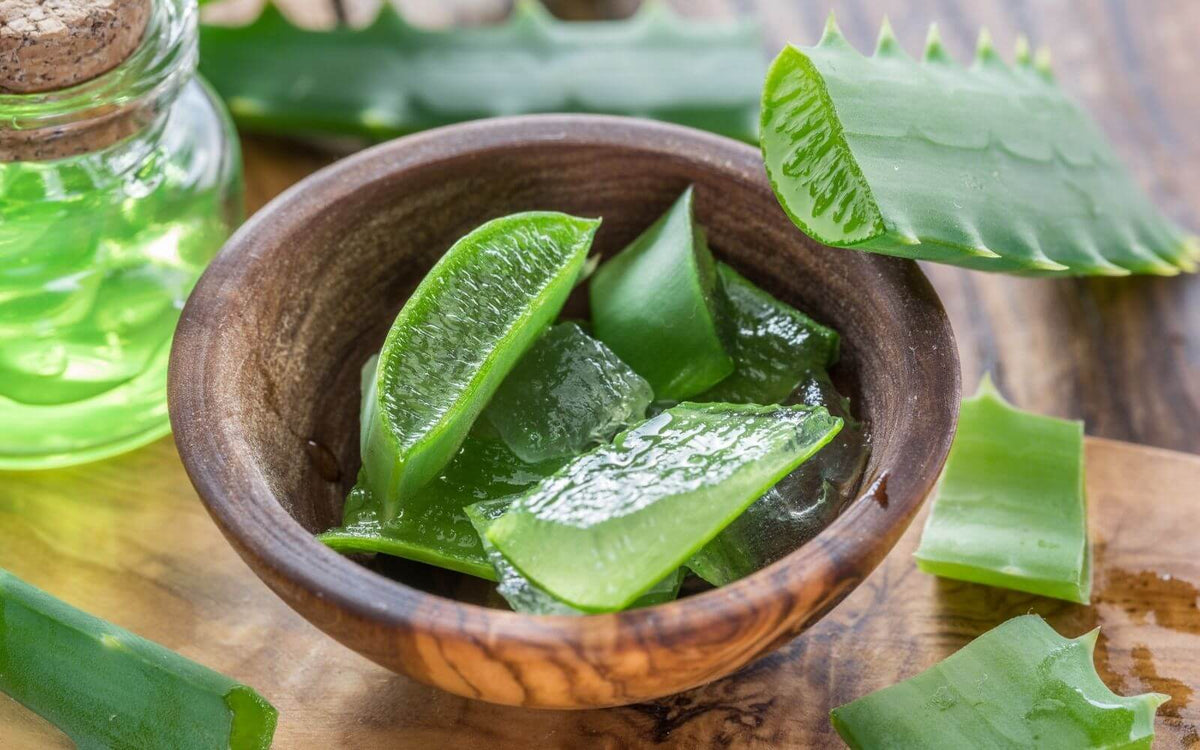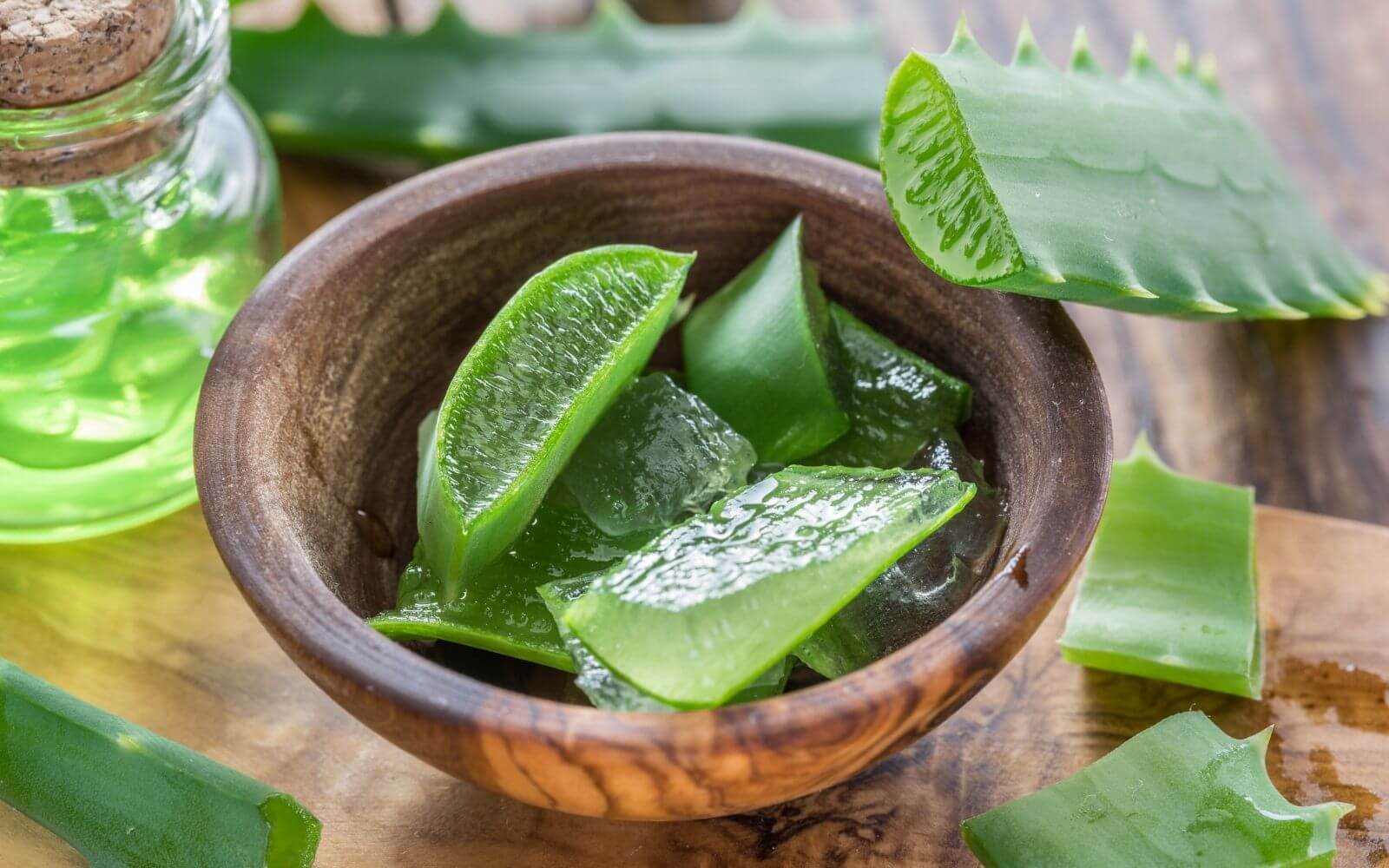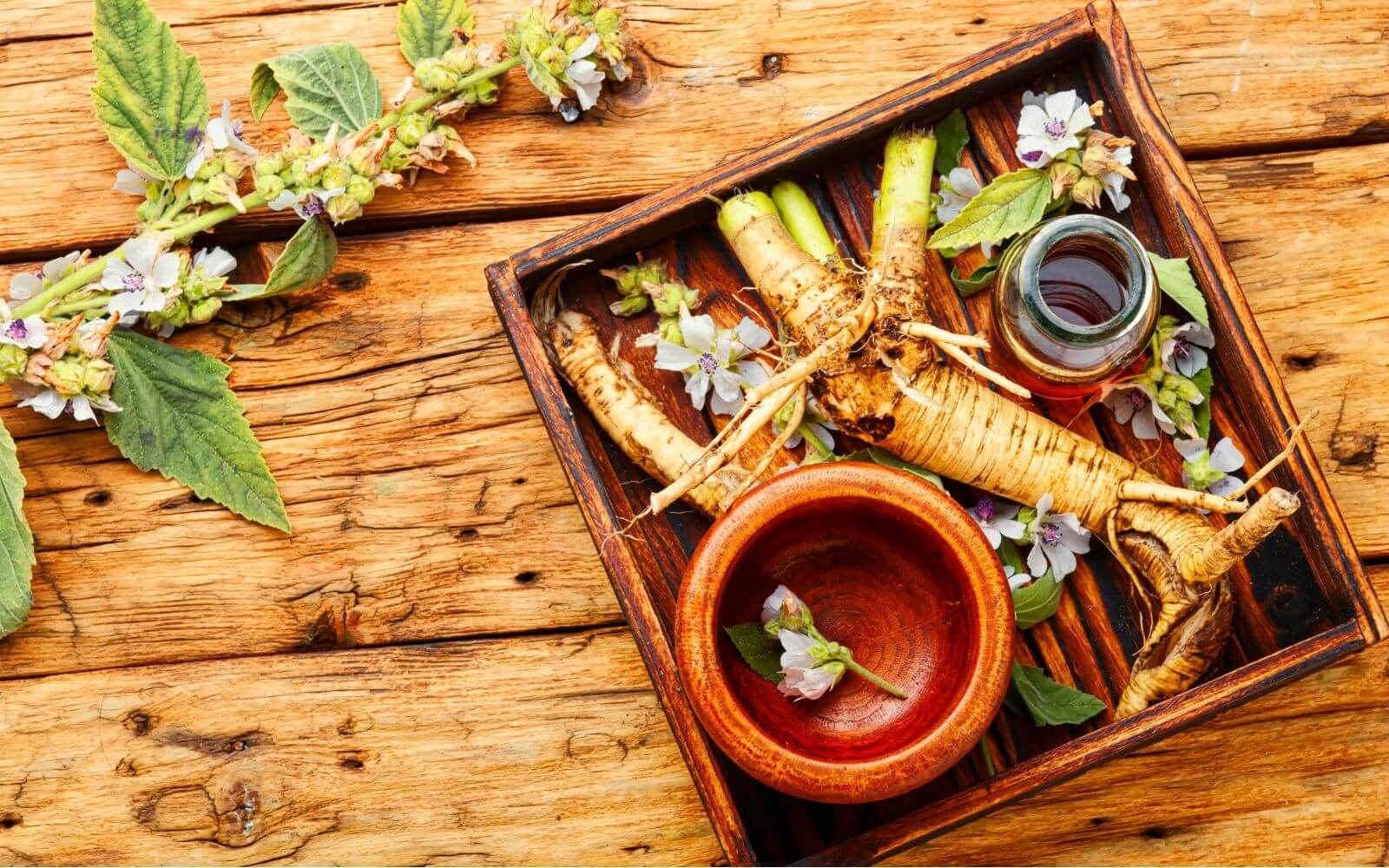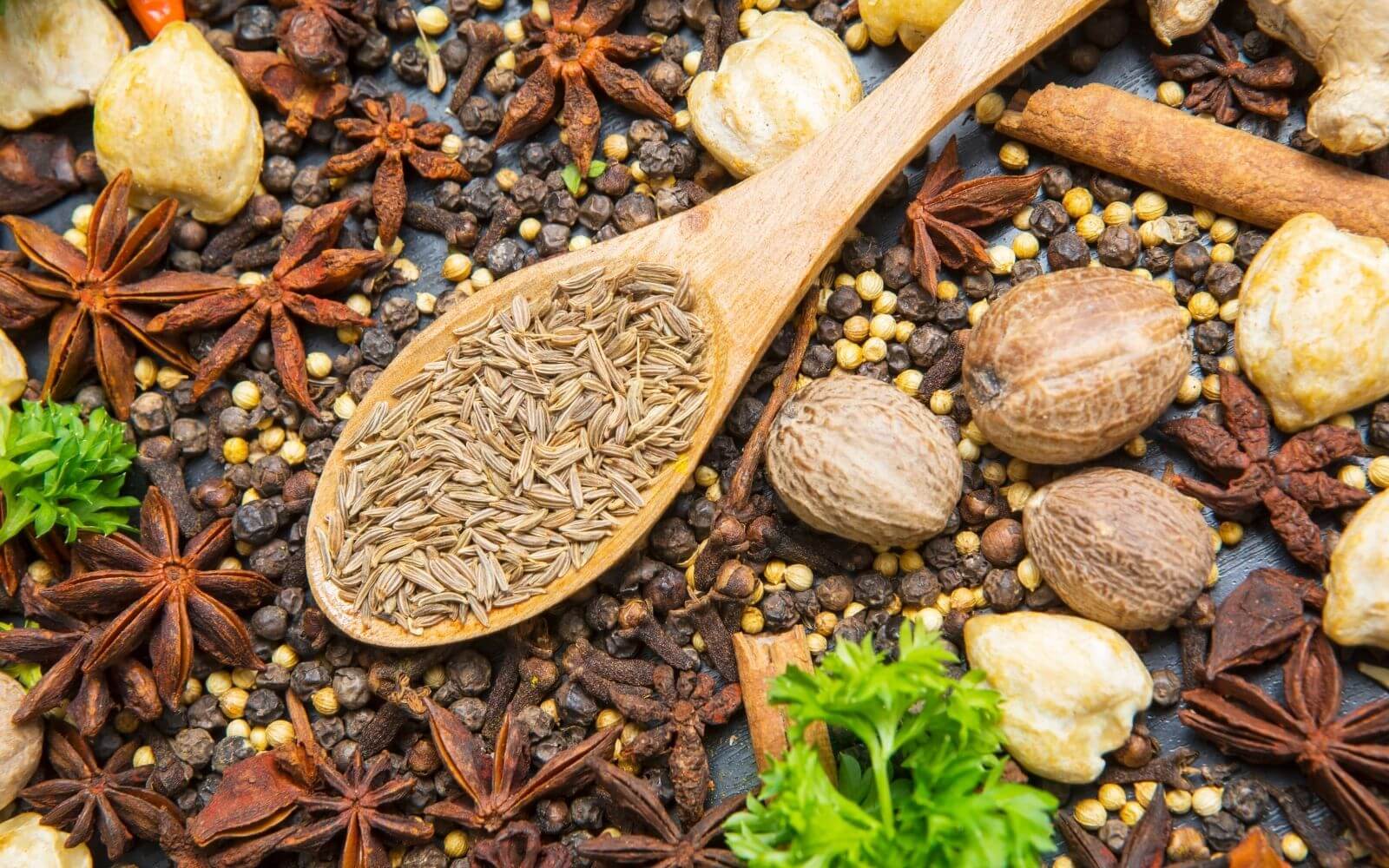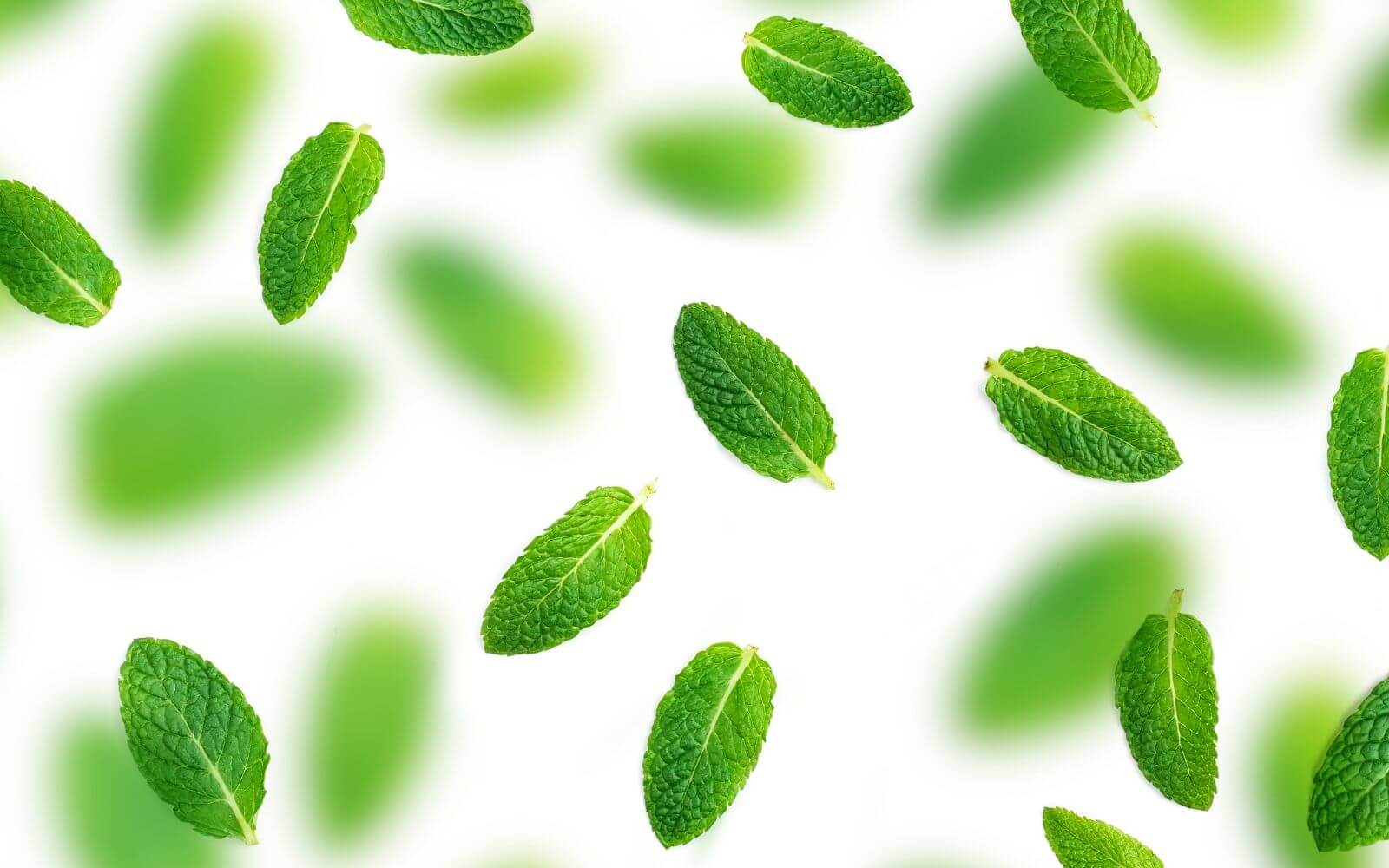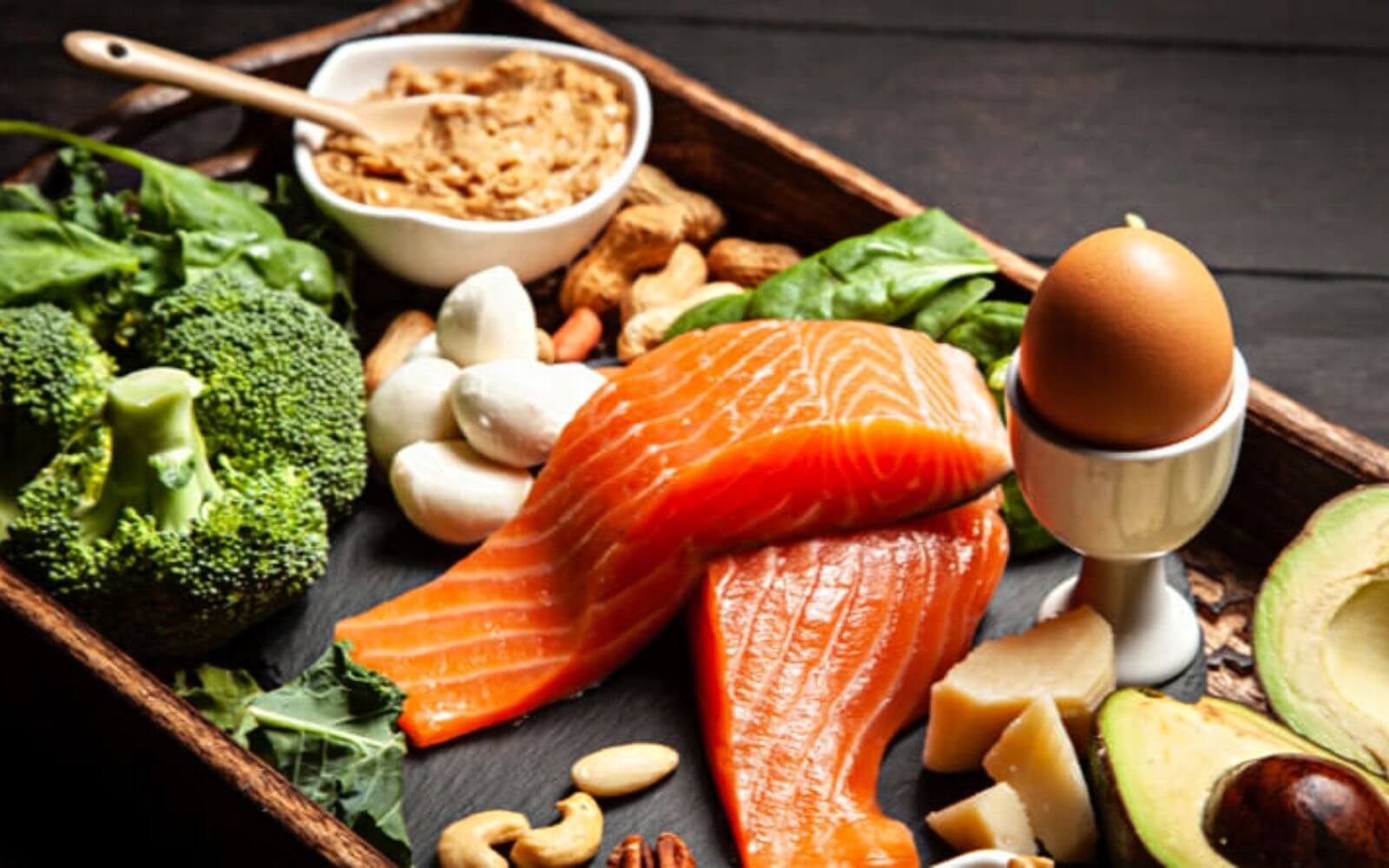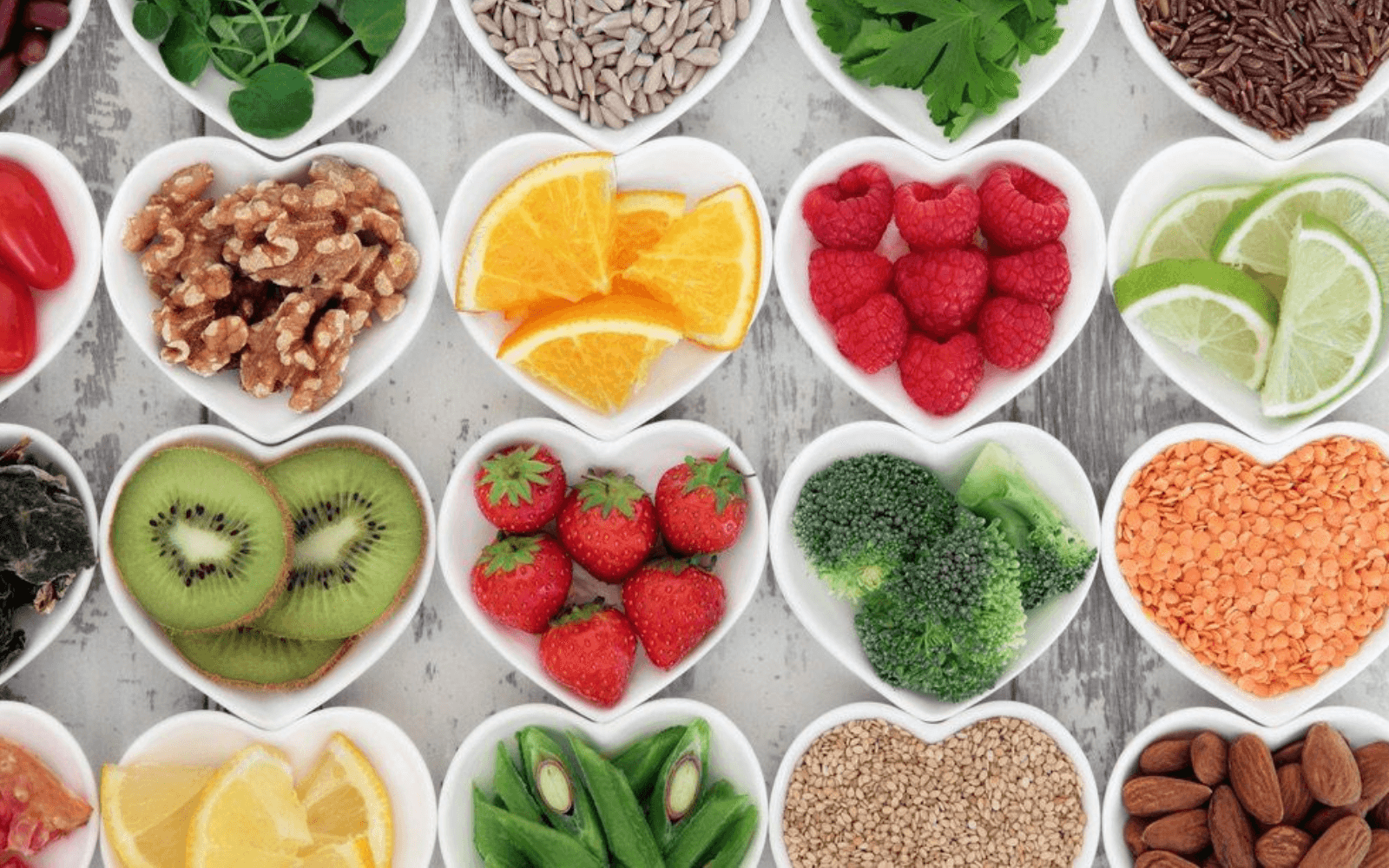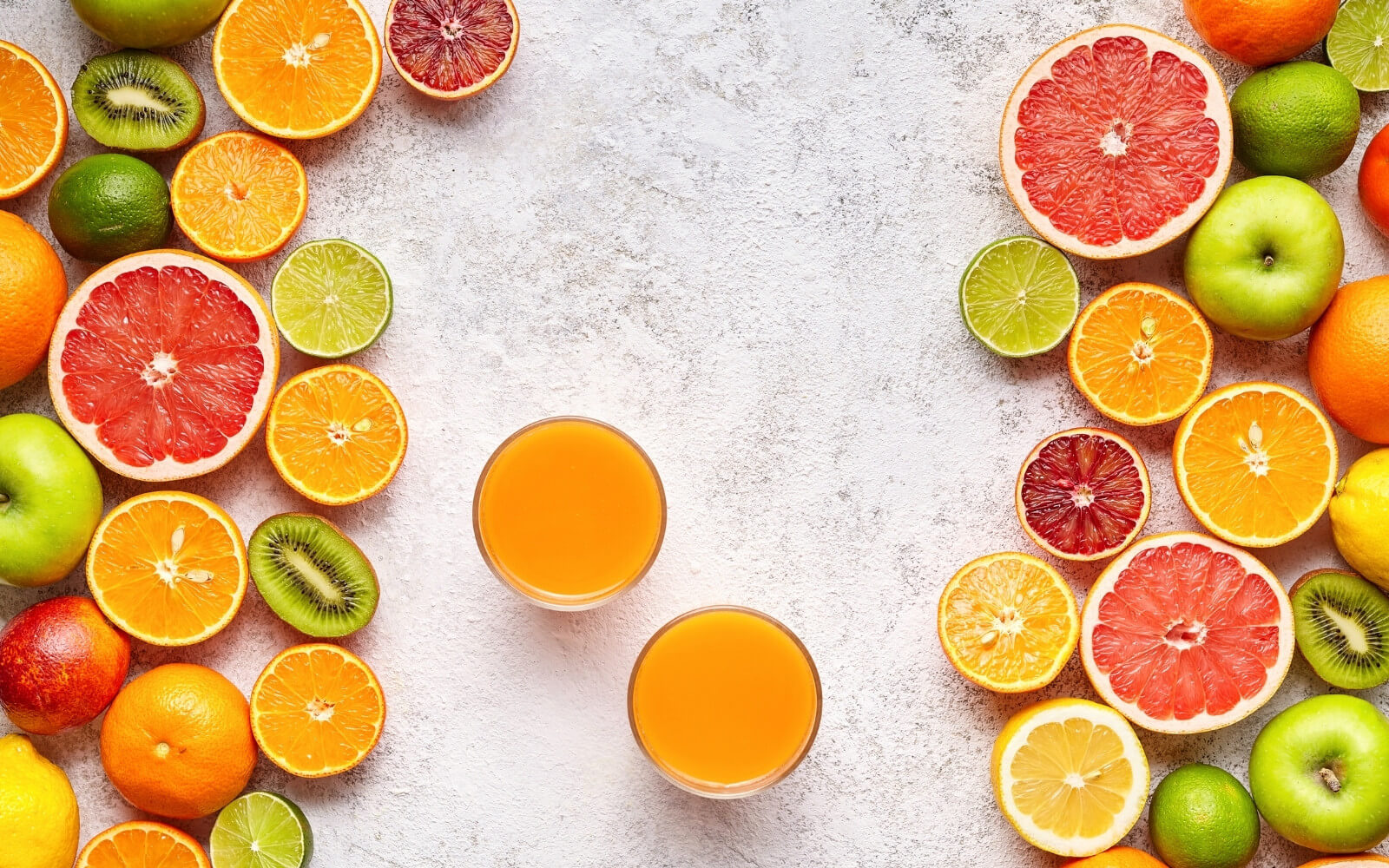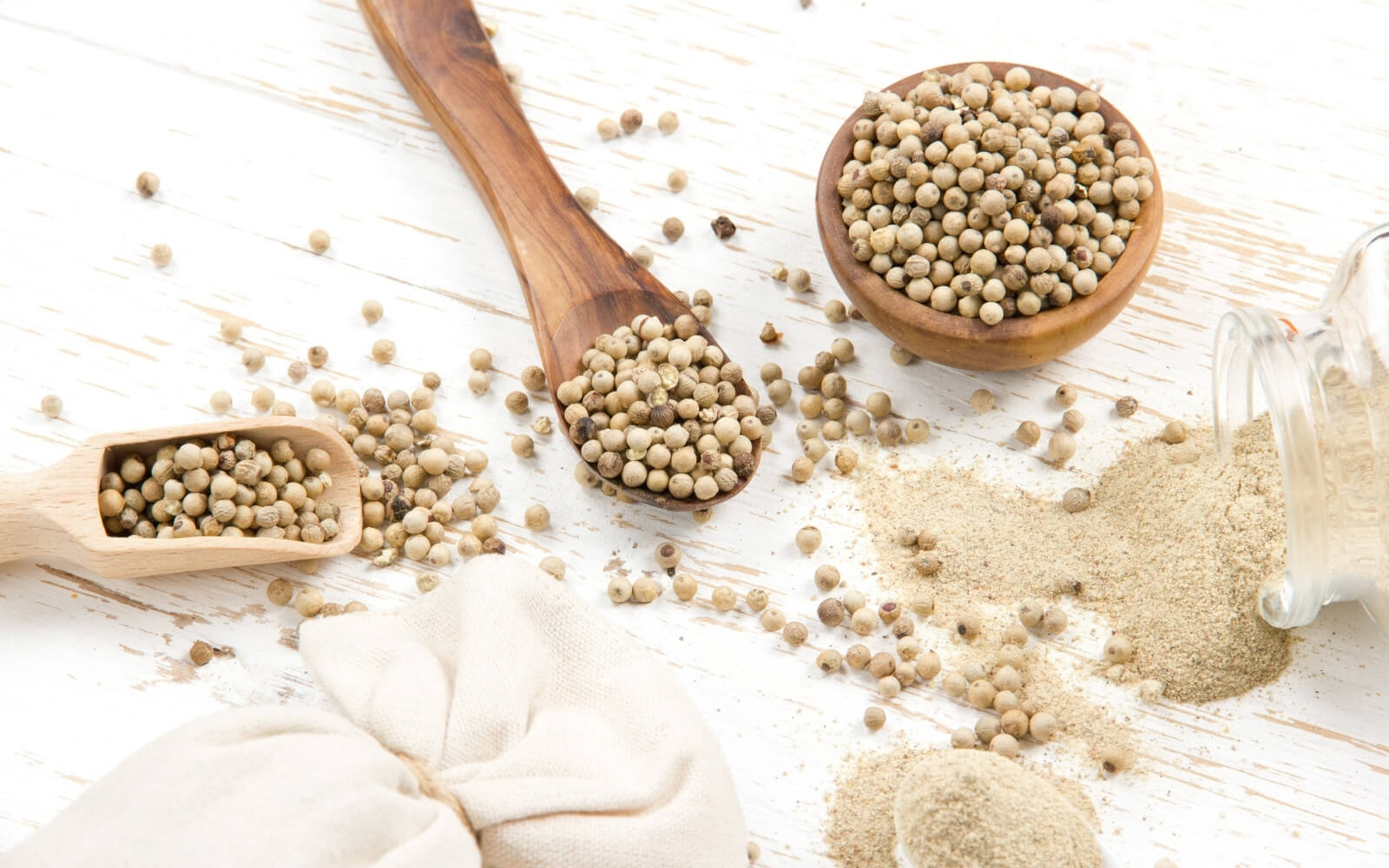What Are The Benefits of Quercetin?

What Are The Benefits of Quercetin?
Quercetin is a natural plant pigment that is found in many fruits and vegetables and is one of the most abundant antioxidants in the human diet. Quercetin plays a vital role in helping your body combat free radical damage. Free radicals are chemicals related to a host of health issues, including skin aging, cancer, chronic inflammation, and numerous diseases. Quercetin is a flavonol, which is a sub-category of flavonoids. Flavonoids are a particular chemical in plants, called phytonutrients, and have a wide range of health benefits. In this article we will discuss the benefits of quercetin.
1. Quercetin May Help Reduce Inflammation
Research shows that high levels of free radicals may help to activate genes that promote inflammation. These high levels of free radicals have been shown to lead to an increased inflammatory response. Although a little inflammation is needed to help your body heal and fight infections, consistent inflammation, however, is linked to health problems, including certain cancers, as well as heart and kidney diseases.
In test-tube studies, quercetin reduced markers of inflammation in human cells, including the molecules tumor necrosis factor alpha (TNFα) and interleukin-6 (IL-6). While these studies are promising, more human research is needed to understand Quercetin’s potential anti-inflammatory properties.
2. Quercetin May Have Anticancer Effects
Studies suggest that due to quercetin's antioxidant properties, this natural plant pigment may also have cancer-fighting properties. In a review of test-tube and animal studies, quercetin was found to suppress cell growth and induce cell death in prostate cancer cells. Although similar findings produced the same results more research is needed to conclude quercetin as an effective alternative treatment for cancer.
3. Quercetin Can Lower Your Risk of Chronic Brain Disorders
Research suggest that quercetin may help to prevent neurodegenerative diseases such as Alzheimer’s, Parkinson’s disease, and or dementia. Several studies show coffee has been linked to a lower risk of Alzheimer’s disease. The studies show, however, that quercetin, not caffeine, is the primary compound in coffee that’s responsible for its potential protective effects against this disease.
In one particular study, for example, mice with Alzheimer’s disease received quercetin injections every two days for three months. At the end of the study, the injections of quercetin had reversed several markers of Alzheimer’s and the mice had also performed much better on learning test. In another study, mice had a quercetin-rich diet which reduced markers of Alzheimer’s disease and improved brain function. It is important to note that the research found that the diet had little to no effect on the animals with late stage Alzheimer’s.
4. Quercetin May Combat Aging
In addition to potentially helping prevent neurodegenerative diseases quercetin may also help combat aging. Test-tube and animal research has suggested that quercetin may help rejuvenate and eliminate aging cells and reduce markers of aging. Quercetin has antioxidant properties. Antioxidants work to protect the body from free radicals, which are unstable molecules in the body. Free radicals can increase the risk of disease and accelerate side effects of aging.
There are many different factors which can contribute to more free radicals, including:
- Pollution
- Cigarette smoke
- Radiation
- Chemical toxins
- Greenhouse gases
Quercetin is a more powerful antioxidant than vitamin C or vitamin E.
5. Quercetin Can Ease Allergy Symptoms
Quercetin’s potential anti-inflammatory properties may provide allergy symptom relief. Research suggest that quercetin might be an effective antihistamine, as it restricts histamine from being released from cells.
These anti-allergy properties in quercetin indicate that it may help treat asthma and bronchitis. One study showed that taking quercetin supplements suppressed peanut-related anaphylactic reactions in mice. It is still unclear whether the compound has the same effect on allergies in humans, so more research is needed before it can be recommended as an alternative treatment.
6. Quercetin May Reduce Blood Pressure
The leading cause of death in the United States is heart disease. High blood pressure, which affects 1 in 3 American adults, increases your risk of heart disease. According to a 2016 study by the American Heart and Stroke Association, taking quercetin supplements could be an effective way to reduce blood pressure. Other studies have shown that people who were overweight and took a quercetin supplement of 150 milligrams (mg) per day had lower levels of harmful cholesterol in their blood, as well as reduced systolic blood pressure.
In a test tube study, quercetin appeared to have a relaxing effect on the blood vessels. Although these findings are promising, more human studies are needed to determine whether the compound could be an alternative therapy for high blood pressure levels.
7. Quercetin Can Lower Your Risk of Infection
Quercetin may help prevent infections because the compound has antibacterial properties, which are effective against almost all types of bacteria- particularly those linked to:
- Stomach and intestines
- Skin
- Respiratory
- Urinary
Quercetin, along with other flavonoids, might help fight off viruses, such as:
- Adenovirus
- Herpes simplex virus
- Japanese encephalitis
- Respiratory syncytial virus
Quercetin Food Sources
Quercetin is found naturally in many plant-based foods. Good food sources include:
- capers
- peppers — yellow and green
- onions — red and white
- shallots
- asparagus — cooked
- cherries
- tomatoes
- red apples
- red grapes
- broccoli
- kale
- red leaf lettuce
- berries — all types, such as cranberries, blueberries, and raspberries
- tea — green and black
The amount of quercetin in foods may depend on the conditions in which the food was grown.
Side Effects of Quercetin
Quercetin is found in many fruits and vegetables and is safe to consume. As a supplement, it appears to be generally safe with little to no side effects. As with any supplement, consult your healthcare provider before taking quercetin, as it can interact with some medications.
Quercetin Supplements
On its own, quercetin has low bioavailability, which means your body absorbs it poorly. However, when quercetin is taken with certain additional supplements it has excellent bioavailability. Quercetin supplements are high in antioxidants, can aid in anti-aging, and they also have anti-inflammatory effects. You can purchase quercetin supplements here.

What Are The Benefits of Quercetin Summary
Quercetin is a natural plant pigment that is found in many fruits and vegetables and is one of the most abundant antioxidants in the human diet. Studies suggest that quercetin may help reduce inflammation. Benefits of quercetin also include:
- May help ease allergy symptoms
- Power anti-aging and anti-cancer effects
- Can reduce your risk of infection
- May help improve energy levels
Frequently Asked Questions About Quercetin

Q: Is it safe to take quercetin daily?
A: Quercetin is found in many fruits and vegetables and is safe to consume. As a supplement, it appears to be generally safe with little to no side effects
Q: What are the pros and cons of quercetin?
A: Quercetin has potential therapeutic value including anti-oxidant, anti-inflammatory, anti-cancer, anti-toxic and immunomodulatory effects.
Q: How much quercetin should you take a day?
A: If people take quercetin as a supplement, the most common dose is 500 mg per day, but some people can take up to 1,000 mg per day.
Q: Does quercetin boost immune system?
A: This antioxidant, found in many foods, could boost your immune health. Quercetin is a flavonoid that may support immune health.
Q: What is quercetin used for?
A: Quercetin is used as an antioxidant, anti-aging supplement, and anti-inflammatory.
Leave a comment
Comments will be approved before showing up.
Also in Ingredients

Licorice Root: Benefits, Side Effects & Dosage

Slippery Elm Bark Benefits, Side Effects & Dosage
